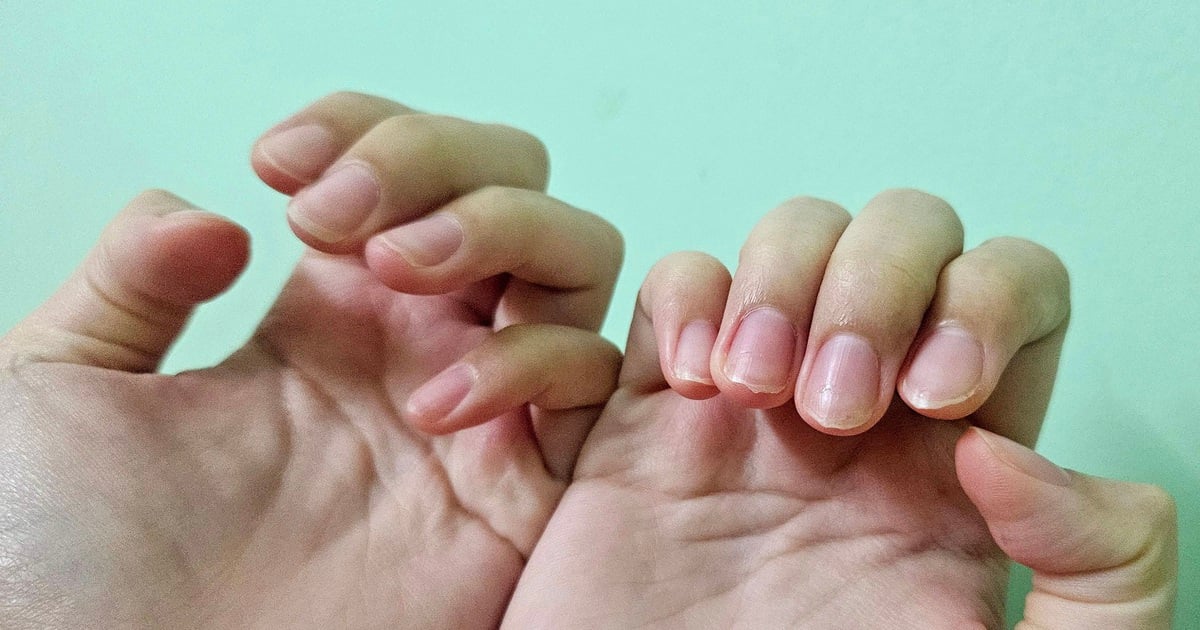Strep throat is caused only by Strep A bacteria, while tonsillitis can be caused by this bacteria or by other bacteria and viruses.
Tonsillitis and strep throat are common conditions that cause sore throats and are often confused with each other. They differ in their causes, symptoms, treatments, and complications. Here's how to tell the difference between tonsillitis and strep throat.
Reason
The main difference between tonsillitis and strep throat is the cause. Both conditions are caused by infections in the throat and surrounding tissues, but the infections are different.
Tonsillitis is usually caused by a virus. However, it can also be caused by a bacterial infection that causes strep throat, group A Streptococcus (Strep A). The most common viruses and bacteria that cause tonsillitis include: Strep A, Adenovirus, Herpes virus, measles, cytomegalovirus, and Epstein-Barr virus. Tonsillitis is not contagious, but people with tonsillitis can pass the germs that cause the disease to others.
Strep throat is caused by strep A bacteria. This bacteria also causes infections such as impetigo, rheumatic fever, necrotizing fasciitis, cellulitis, and several others. It is spread through respiratory secretions or infected skin sores. Once exposed to streptococcus bacteria, symptoms develop within 3-5 days.

Strep throat is more common in children than adults. Photo: Freepik
Symptom
The symptoms of tonsillitis and strep throat are very similar. They both cause a sore throat, fever, difficulty swallowing, and swollen lymph nodes in the neck. However, tonsillitis can cause a white or yellow coating (mucus, pus) on the tonsils and bad breath. Meanwhile, strep throat often causes small red spots called petechiae on the roof of the mouth (pharyngitis) and a sore throat that comes on more quickly.
Tonsillitis caused by a common viral infection may be accompanied by additional symptoms such as cough, congestion, and runny nose. Other symptoms of strep throat such as headache, nausea, vomiting, and stomach pain are more common in children.
Treatment
Treatment for tonsillitis depends on whether it is bacterial or viral, the severity of the condition, its duration, and the patient's needs. Bacterial tonsillitis is treated with antibiotics. If it is viral, there is no specific treatment other than symptom control. Rest, drinking plenty of fluids, gargling with salt water, using a humidifier, and taking over-the-counter medications can help relieve symptoms such as pain, fatigue, cough, etc.
The main treatment for strep throat is antibiotics. Antibiotics work within 1-2 days. If symptoms do not improve within 48 hours of starting the medication, you should contact your doctor for treatment. You should take antibiotics as prescribed by your doctor. If you stop too early, the infection may return.
Home remedies to control the symptoms of this disease include: resting or sleeping more, drinking plenty of fluids, taking over-the-counter pain relievers, sucking on candy (throat lozenges), gargling with salt water...
Untreated or inadequately treated strep throat can lead to complications such as abscesses, ear infections, sinusitis, and post-streptococcal glomerulonephritis. A serious complication of the disease is rheumatic fever, which can affect the heart, brain, skin, and joints.
Prevent
Some ways to prevent tonsillitis include avoiding contact with sick people; washing hands frequently; and not sharing food, toothbrushes, utensils, or drinks.
To prevent strep throat, you should avoid contact with the sick person until they have taken antibiotics for 24-48 hours. Avoid contact with the sick person's secretions (on tissues, towels, clothes...), do not share utensils such as toothbrushes, towels, drinking cups... Throw away toothbrushes after 2-3 days of infection to prevent reinfection with strep throat.
Mai Cat (According to Very Well Health )
Source link


![[Photo] Prime Minister Pham Minh Chinh meets with King Philippe of Belgium](https://vstatic.vietnam.vn/vietnam/resource/IMAGE/2025/4/1/be2f9ad3b17843b9b8f8dee6f2d227e7)
![[Photo] Close-up of Vietnam's sniffer dog team searching for earthquake victims in Myanmar](https://vstatic.vietnam.vn/vietnam/resource/IMAGE/2025/4/1/d4949a0510ba40af93a15359b5450df2)
![[Photo] President Luong Cuong and King Philippe of Belgium visit Thang Long Imperial Citadel](https://vstatic.vietnam.vn/vietnam/resource/IMAGE/2025/4/1/cb080a6652f84a1291edc3d2ee50f631)


![[Photo] General Secretary To Lam receives King Philippe of Belgium](https://vstatic.vietnam.vn/vietnam/resource/IMAGE/2025/4/1/e5963137a0c9428dabb93bdb34b86d7c)

























![[Photo] Myanmar's capital in disarray after the great earthquake](https://vstatic.vietnam.vn/vietnam/resource/IMAGE/2025/4/1/7719e43b61ba40f3ac17f5c3c1f03720)































































Comment (0)